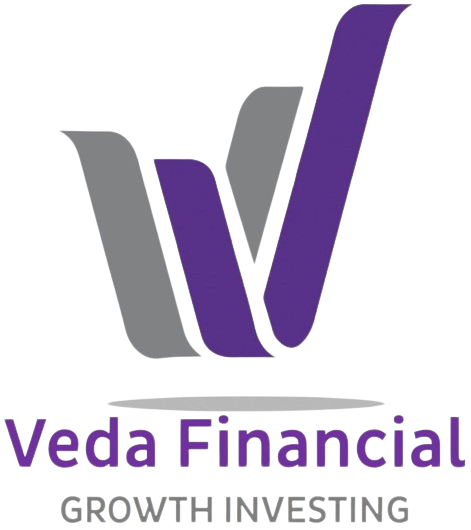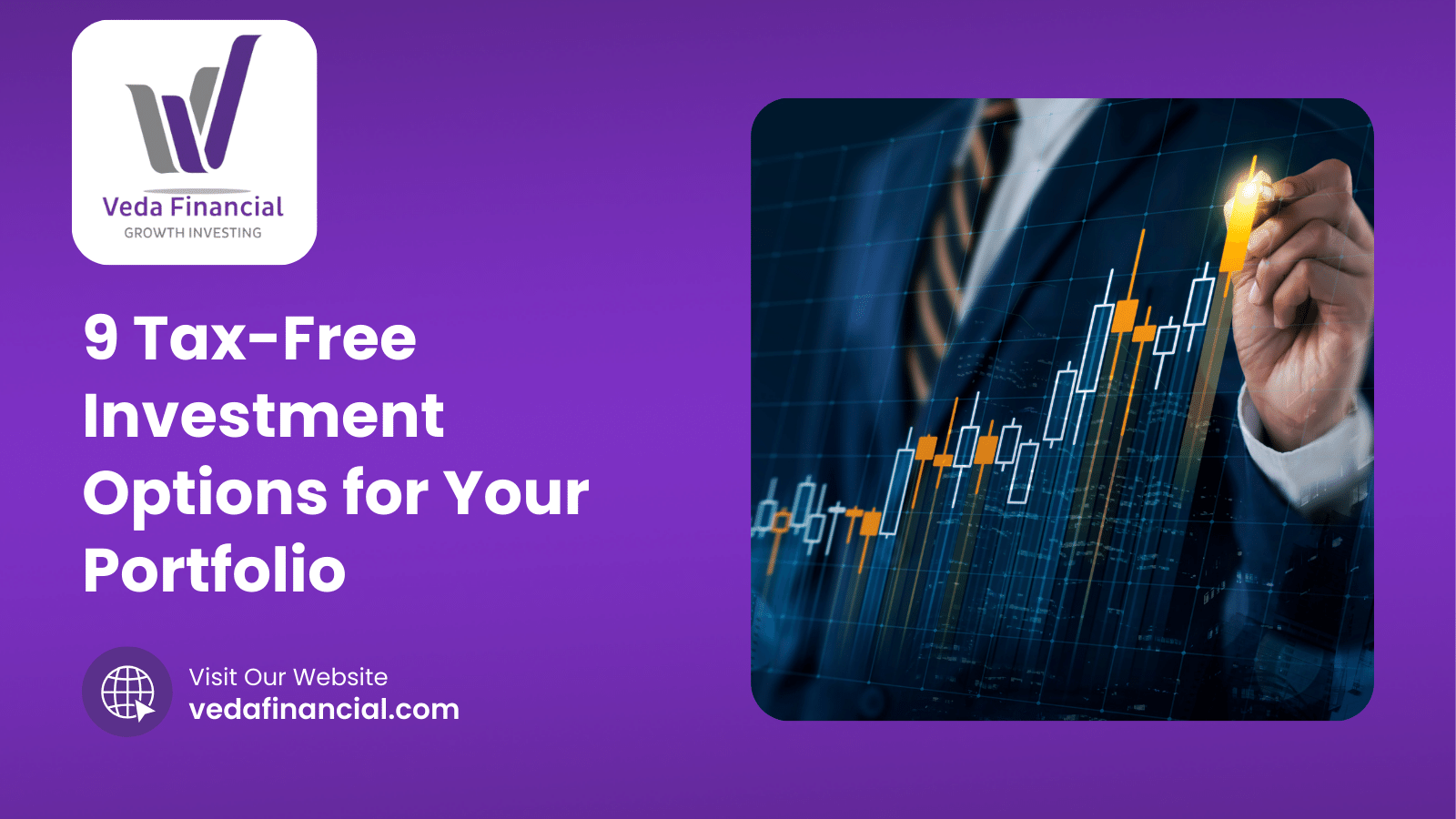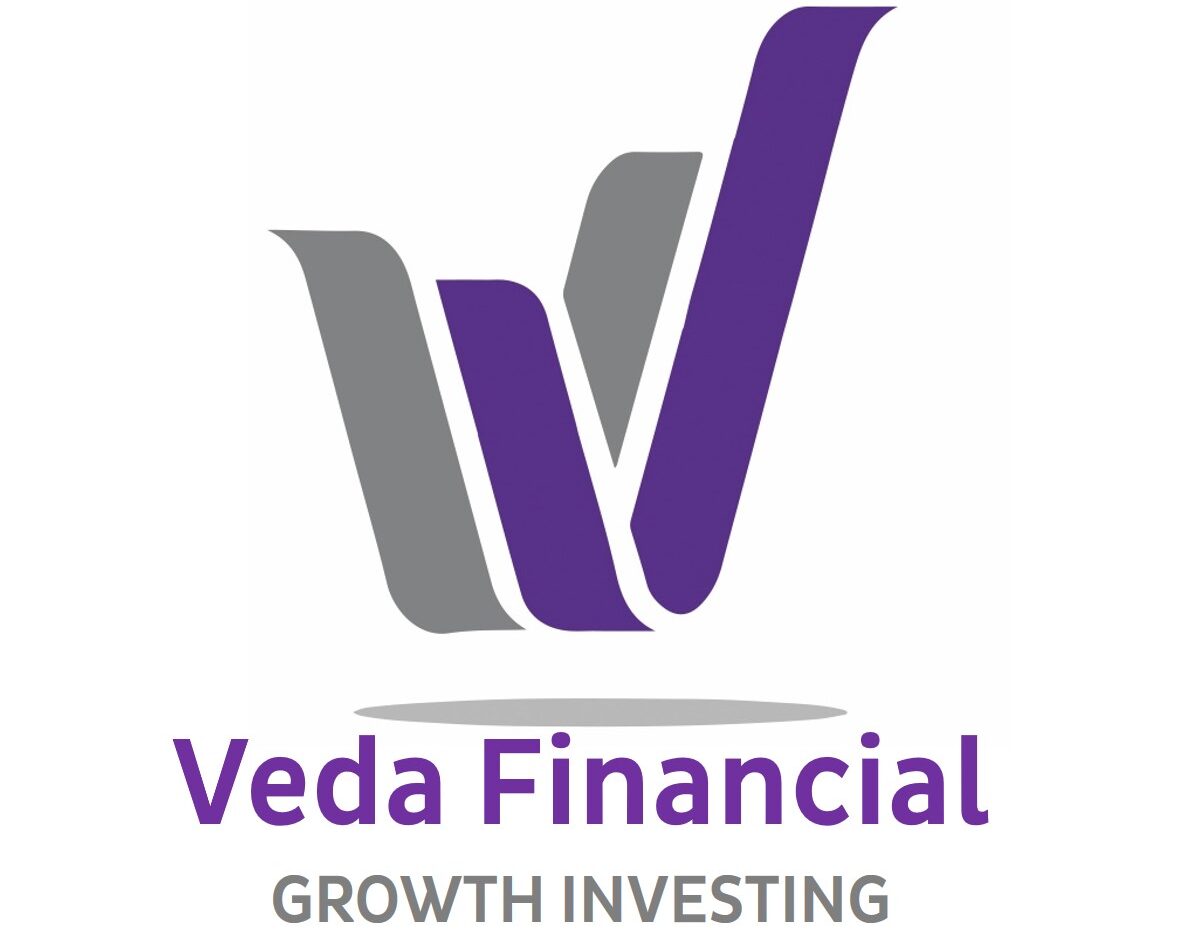Investing is a crucial step in growing your savings, offering the potential to accumulate significant wealth over time. While it requires patience and consistency, dedicating some time and effort into your investments can help you achieve long-term financial goals. If you haven’t prioritized tax free investment yet, now might be the time to start.
While investing can be rewarding, it’s important to consider the tax implications of different investment vehicles. By carefully choosing tax-free investment options, you can minimize taxation and enhance your overall returns.
It’s worth noting that while it’s not possible to entirely avoid taxes, the amount you owe can vary based on your investment choices and how long you hold them. Generally, taxes on investments are categorized as capital gains, and holding investments for longer periods typically results in lower tax rates compared to short-term gains. Therefore, focusing on long-term investments and selecting tax-free options can be beneficial.
It is essential to choose investment options that align with your financial objectives and risk tolerance. Consider consulting with a knowledgeable financial advisor for personalized guidance.
Lets explore some of the top tax-free investment opportunities that offer attractive returns and tax efficiency.
1. Municipal Bonds:
Municipal bonds, or muni bonds, are issued by local governments to fund various community projects. The interest earned from these bonds is often exempt from federal taxes and may also be exempt from state and local taxes, providing a tax-free source of income.
2. Tax-Exempt Mutual Funds:
These funds primarily invest in government securities, such as municipal bonds, offering diversification and tax benefits. Investors typically do not pay federal taxes on the returns earned from these mutual funds.
3. Tax-Exempt Exchange-Traded Funds (ETFs):
Similar to mutual funds, ETFs can offer tax advantages, especially when focused on municipal bonds. With lower management costs and tax benefits, ETFs provide an a diversified and efficient way to invest in tax-exempt securities.
4. Indexed Universal Life (IUL) Insurance:
IUL insurance policies feature a cash value component that grows tax-deferred. Policyholders can accumulate tax-free interest over time and access funds through tax-free loans, providing both investment growth and insurance coverage.
5. Roth IRAs and Roth 401(k)s:
These retirement accounts offer tax-free growth and withdrawals under specific conditions. Contributions are made with after-tax dollars, but qualified withdrawals are tax-free, making them attractive options for retirement savings. The key consideration when choosing a Roth IRA versus a Traditional IRA is the current tax situation and the expected tax rate in retirement.
6. Health Savings Account (HSA):
An HSA allows individuals with high-deductible health plans to save for medical expenses on a tax-free basis. When used strategically, an HSA can serve as a valuable tool for both current and future healthcare costs.
7. 529 College Savings Plans:
Designed to save for education expenses, 529 plans offer tax-free growth and withdrawals for qualified education expenses. Contributions may not be deductible for federal taxes, but earnings grow tax-free.
8. U.S. Series I Savings Bonds:
Backed by the government, these bonds offer tax-deferred interest and may be exempt from state and local taxes. Federal taxes can be deferred until the bond is redeemed or stops earning interest after 30 years.
9. Real Estate Investment Trusts (REITs):
REITs invest in income-producing real estate and distribute at least 90% of taxable income to shareholders as dividends. These dividends are taxed at the investor’s personal income rate, offering tax-efficient income.
In conclusion, understanding the tax benefits of various investment options is key to developing a successful investment strategy. By selecting tax-free investments that align with your financial goals, you can optimize your returns while minimizing tax liabilities. Consider consulting a financial advisor to tailor a tax-efficient investment plan to your needs. For assistance, feel free to reach out to us at Veda Financial. We’re here to help you navigate your investment journey.Contact us at Veda Financial and we’ll take it forward.






